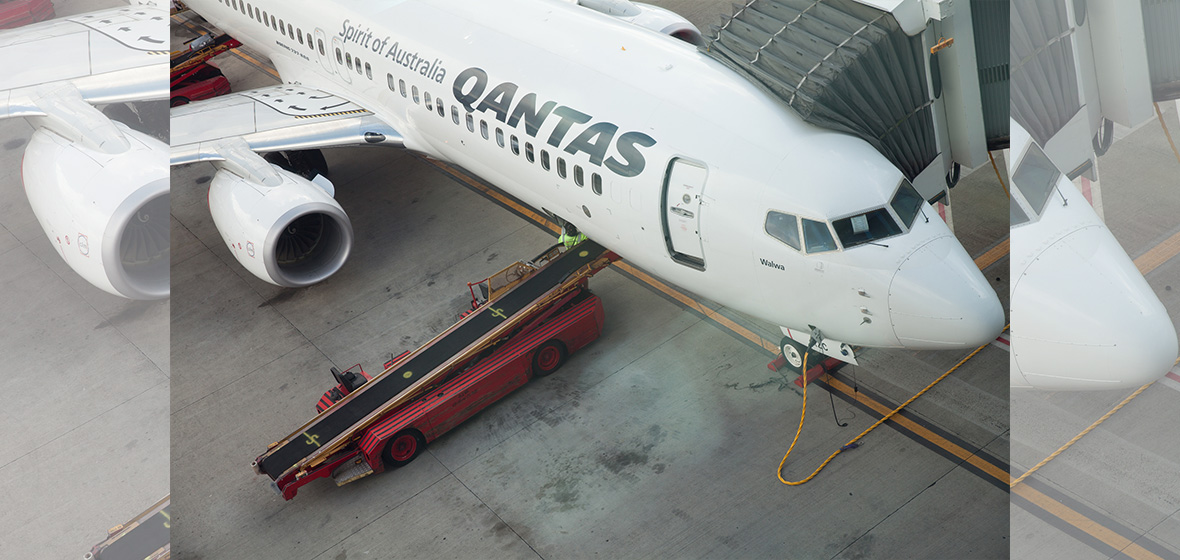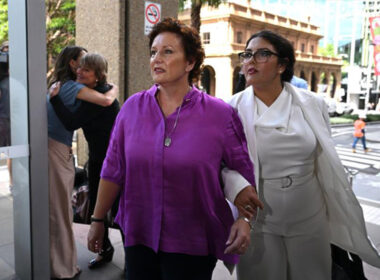The Transport Workers’ Union has welcomed the ruling after five years. The Federal Court of Australia set the terms of the fine to be paid by Qantas for unlawfully firing its ground workforce and outsourcing to other companies. Less clear is if the damage caused to the company will be enough to change its culture.
The Federal Court of Australia fined the Australian airline $90 million for unlawfully firing over 1800 workers and outsourcing their roles to third-party private companies like Swissport and Menzies.
The judgment, delivered by Justice Michael Lee, marks the end of a five-year-long case brought against Qantas by the Transport Workers’ Union (TWU). Previously, the Federal Court of Australia ordered Qantas to create a $120 million fund to pay the dismissed workers. An appeal to the High Court of Australia confirmed that Qantas acted illegally in outsourcing the ground workforce to third-party companies. The airline and the union disagreed on the amount of the penalty, with Qantas asking for a “moderate” penalty instead.
“In 2020, over 1800 Qantas workers took on a huge and audacious battle against this airline, and today’s decision is a final win for both those workers and the tens of thousands of other TWU members who backed them every step of the way,” said Michael Kaine, TWU National Secretary.
“These were committed Qantas workers who had done nothing wrong and had loyally served this company, in many cases for decades. They weren’t just sacked, they were told by Qantas that they were delusional for questioning it. This ruthless, self-interested and illegal calculation to kick them to the curb has rightfully merited the largest ever penalty of its kind.”
In his judgement, Lee pointed to the economic benefits of outsourcing the jobs, stating “when the contravening conduct occurred, the perceived benefit to be gained by outsourcing was enormous, even by the standards of a company the size of Qantas.”
Qantas accepted the Federal Court’s decision and admitted the company’s actions caused harm to its employees. Current Qantas CEO Vanessa Hudson said, “We sincerely apologise to each and every one of the 1,820 ground handling employees and to their families who suffered as a result.”
“The decision to outsource five years ago, particularly during such an uncertain time, caused genuine hardship for many of our former team and their families. The impact was felt not only by those who lost their jobs, but by our entire workforce.”
While Lee accepted Qantas’ apologies, he remained unconvinced of the company’s level of regret, calling it “the wrong kind of sorry.”
Looking to the future, Kaine said “if Qantas is serious about changing its behaviour, it will now move to improve standards for workers in its supply chain at companies like Swissport still suffering appalling safety incidents, understaffing and low pay,”
“We need to return to an industry where workers are an investment and not a cost to be viciously driven down. We need a Safe and Secure Skies Commission, so aviation works for our communities and not profit-obsessed executives.”
Following the judgment, the TWU called on Qantas to fund and improve the job quality of its ground force workers, who have seen the number of safety reports shoot up in the past months.
$50 million from the penalty will be paid to the TWU, which committed to using it to “advance the workplace rights, pay, conditions, wellbeing and welfare of transport workers consistently with the rules of the Union.” A final hearing will determine who will receive the remaining $40 million.




